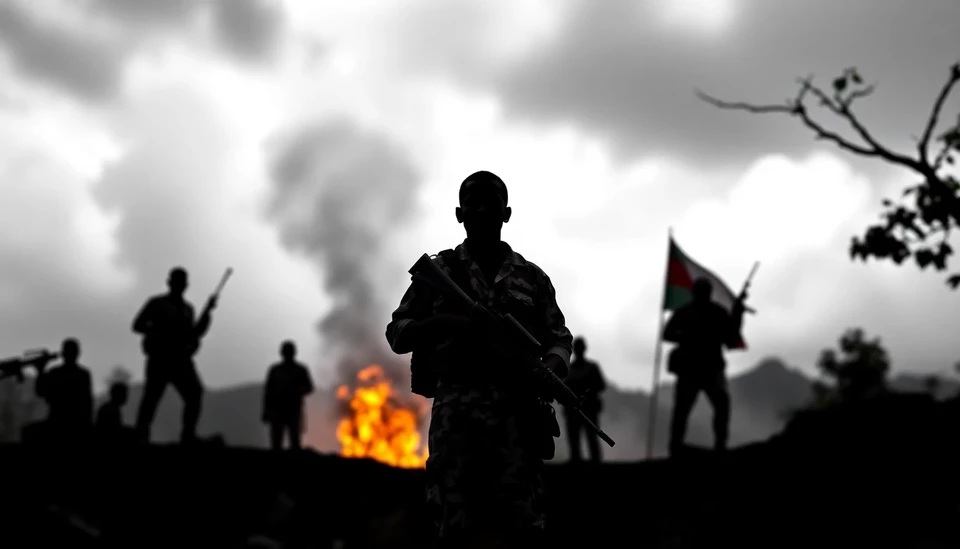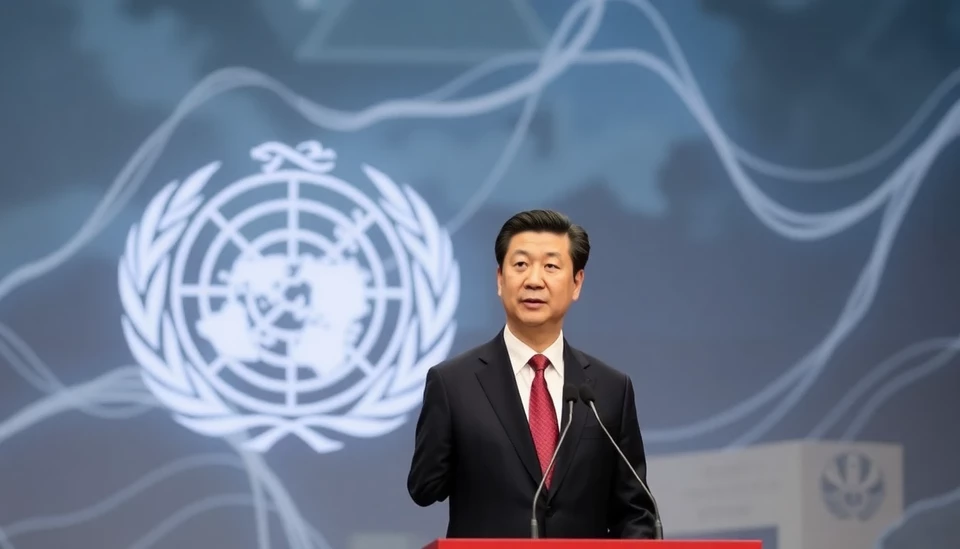
The Congolese tin mining company Alphamin Minerals has faced a significant downturn following the recent capture of a key city by rebel forces in the eastern Democratic Republic of the Congo (DRC). This shocking development threatens not only the stability of the region but also the operational capabilities and financial performance of Alphamin, whose mine is situated near the volatile area.
After reports emerged regarding the fall of the city of Butembo to the M23 rebel group, shares of Alphamin plummeted nearly 25% on the Toronto Stock Exchange. Market analysts are expressing growing concerns about the potential disruptions to mining operations and supply chains as insecurity escalates in the region. The M23, a group linked to a history of conflict in eastern DRC, has been engaged in clashes with government forces, exacerbating an already fragile situation.
Alphamin operates the Bisie tin mine, one of the richest tin mines in the world, located in the North Kivu province. The company has previously seen substantial success due to the high demand for tin, which is essential in various industries, including electronics. However, the uncertainty brought on by the rebel incursion could lead to operational delays, potential evacuations of personnel, and increased costs associated with security measures.
In response to the unrest, the company’s management has stated that they are closely monitoring the situation and have implemented safety protocols to ensure the wellbeing of their staff. Nonetheless, the immediate repercussions have raised questions about the mine's ability to maintain its production levels in the face of escalating violence.
Industry experts are cautioning investors to remain vigilant as the implications of continued conflict in the DRC could reach beyond just Alphamin. The country is home to numerous mining operations that are crucial not only for local economies but for global supply chains. As tensions rise, stakeholders may need to consider the long-term impacts on metal prices and international market dynamics.
The political landscape in the DRC has been tumultuous for decades, with various militia groups vying for control over mineral-rich territories. The resurgence of the M23 group has drawn attention to the ongoing struggle for power and the extensive influence of foreign interests in Congolese resources. As such, the situation calls for a thoughtful and strategically managed response from both the government and private enterprises involved in the mining sector.
With the rebel group now holding a strong position in Butembo, it remains to be seen how the Congolese government will react and what measures will be taken to restore order and security. Furthermore, the international community is urged to engage in discussions to foster peace and ensure the protection of civilian interests in a region rich in natural resources yet plagued by conflict.
The unfolding situation continues to develop, and stakeholders including investors, community leaders, and governing institutions will be closely watching events in DRC, hoping for a resolution that can stabilize the region and allow for the resumption of normal mining operations.
In summary, the capture of Butembo by rebel forces represents not just a loss for Alphamin, but a potential turning point for the DRC's mining industry and its associated markets, highlighting the critical intersection of politics, economy, and resources in a conflict-prone area.
#TinMining #Alphamin #DRC #RebelConflict #MiningIndustry #M23 #Butembo #MarketCrash #Investing #MineralResources
Author: Victoria Adams




